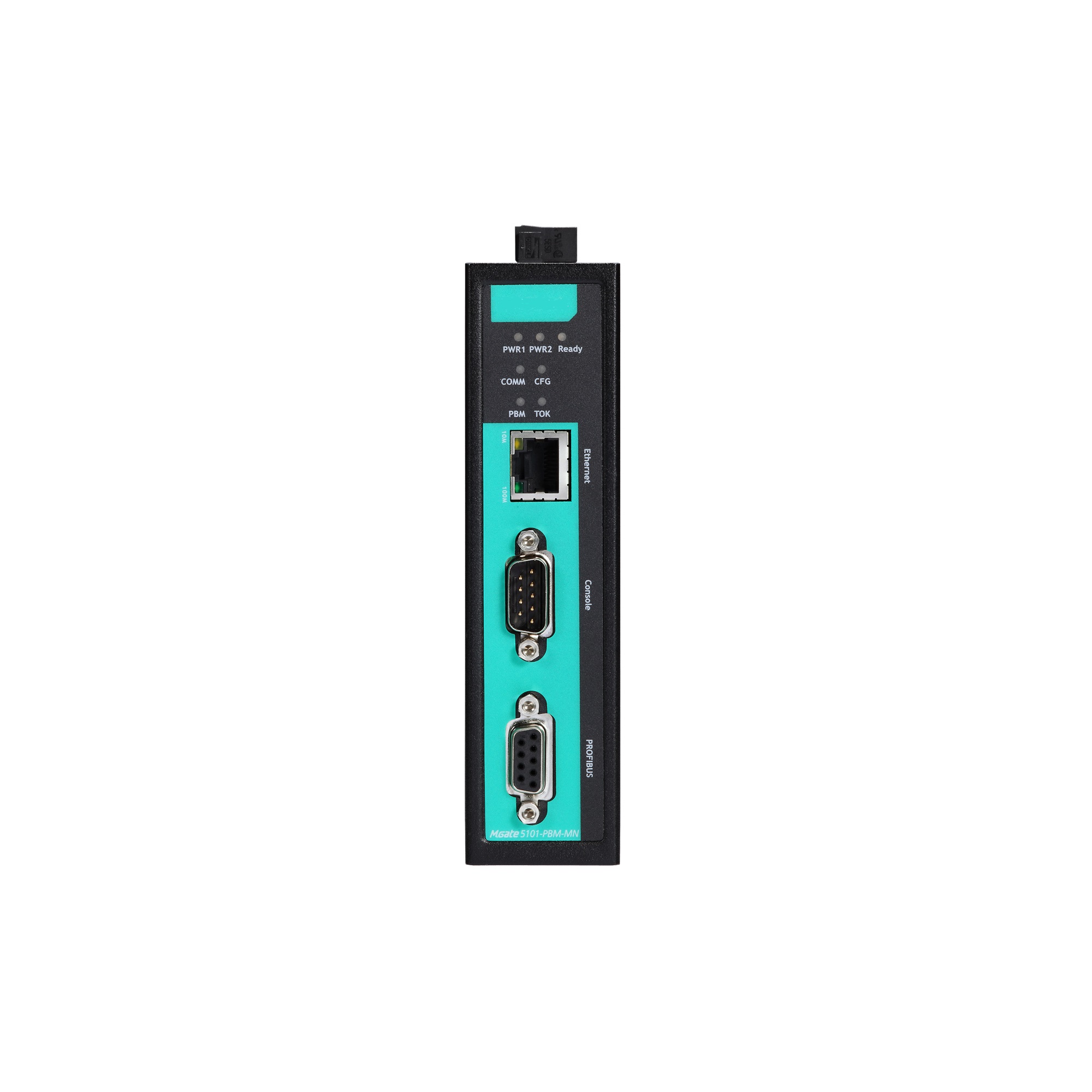Imagine you’re in a factory, and production is halted because a critical machine fails. Frustrating, right? Broken links in automation can cost time and money. This begs the question, how can industries prevent such mishaps? Enter the io controller. This vital component seamlessly manages communication in machinery, ensuring everything runs smoothly and efficiently.

The Shortcomings of Traditional Systems
Many older control systems rely on outdated technology—think of systems that can’t adapt to new demands or easily integrate with modern devices. These traditional solutions often falter under pressure, leading to unexpected downtime and compromised performance. Why do failures always occur during peak production times? With systems that can’t handle increased loads, it’s no wonder businesses struggle to keep up.
Innovative Principles of Today’s io Controllers
Today’s io controllers integrate advanced algorithms, providing real-time data and insights that help predict the needs of machines—a game changer! They utilize edge computing to process information locally, minimizing latency and avoiding the hurdles of central cloud processing. This transition to new technologies allows for flexibility and enhances overall operational capability, something traditional systems simply can’t offer.
Proven Benefits for Users
When companies transition to modern io controllers, they see tangible benefits—productivity spikes and maintenance costs plummet. With enhanced reliability and quicker decision-making, businesses operate with newfound agility, ensuring they stay competitive in an ever-evolving market. So, next time you’re considering an upgrade, think about your potential for growth and efficiency.

Actionable Evaluation Criteria
To make an informed decision about implementing the right io controller, always verify these three metrics: 1) Compatibility with existing systems 2) Scalability for future demands 3) Real-time data processing capabilities. By keeping these points in mind, companies can make choices that truly support their operational goals.
A Closer Look at the Industrial io Controller
A significant player in automation is the industrial io controller. This device focuses on the harmonization of processes in various manufacturing settings. Employed extensively, it ensures the seamless conveyance of data across machines, enhancing coordination. But here’s the kicker—while some controllers struggle, the industrial io controller thrives in challenging environments, making it indispensable. Imagine the peace of mind knowing your production line operates without a hitch. That’s a value proposition worth considering.
The Importance of Input Output Controllers
Now, consider the role of the input output controller in bringing order to complex systems. This device acts like the nervous system of an automated environment, managing sensory inputs and actuator outputs effortlessly. Its influence on system reliability cannot be overstated. Without it, processes would become jumbled, leading to lost productivity and increased errors. Thus, choosing the right input output controller might very well dictate the productivity levels of an entire operation—definitely something to ponder on!
Conclusion: Embrace the Future with DECOWELL
In summary, transitioning to advanced io controllers can drastically improve efficiency and reliability. When discerning which solutions to implement, remember to assess compatibility, scalability, and data processing capabilities. For those seeking trusted manufacturing, look no further than DECOWELL. Their dedication to quality and innovation ensures your operations can thrive in today’s competitive landscape.

